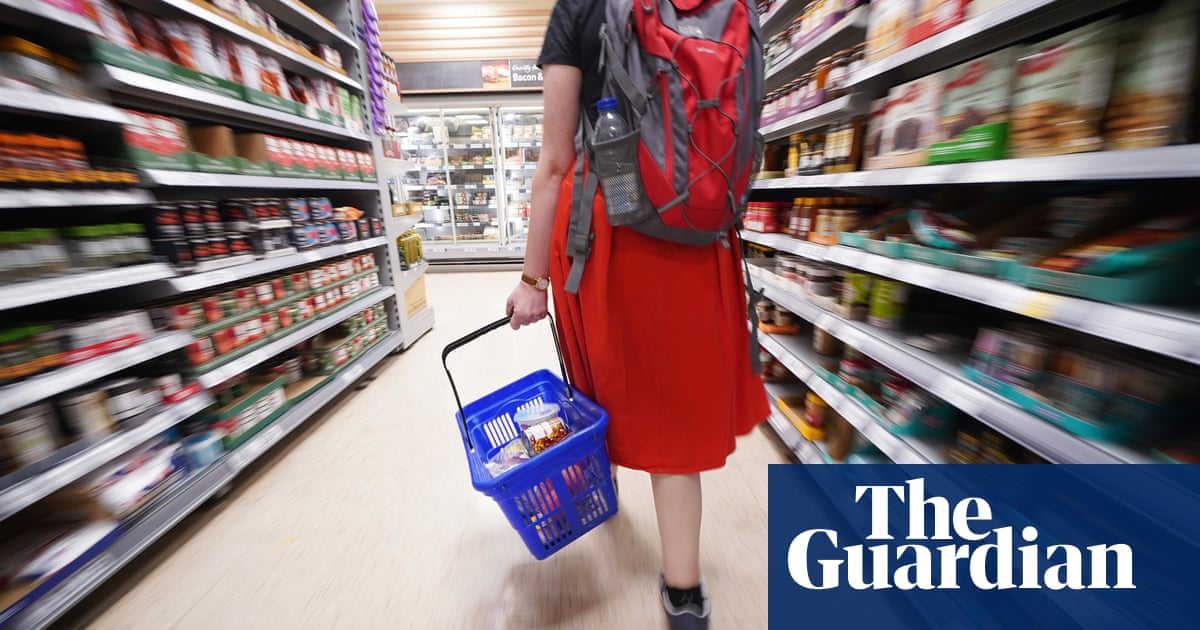UK inflation has risen to its highest level in eight months, adding to pressure on the Bank of England to keep interest rates unchanged on Thursday despite a slowdown in the British economy.
Figures from the Office for National Statistics show the consumer prices index (CPI) rose by 2.6% last month from 2.3% in October, driven by the rising cost of petrol, groceries and an increase in tobacco duty in the budget.
The reading, which matched City economists’ forecasts, pushed the headline rate further above the Bank’s 2% target for a second consecutive month.
ONS chief economist Grant Fitzner said: “Inflation rose again this month as prices of motor fuel and clothing increased this year but fell a year ago.
“This was partially offset by air fares, which traditionally dip at this time of year, but saw their largest drop in November since records began at the start of the century.”
The latest snapshot showed the average price of petrol rose by 0.8p a litre between October and November 2024 to stand at 134.8p a litre, while the price of diesel rose by 1.4p a litre to 140.5p. Air fares fell by 19.3% on the month, compared with a fall of 13.9% a year ago.
Threadneedle Street is widely expected to keep interest rates unchanged at the current level of 4.75% on Thursday when its monetary policy committee meets to set borrowing costs.
The Bank had forecast inflation would rise towards the end of the year after temporarily falling below 2% in September. Inflation has dropped from a peak of more than 11% in the second half of 2022 after Russia’s invasion of Ukraine fuelled a surge in energy prices.
However, there are signs of the economy losing momentum after gross domestic product (GDP) unexpectedly fell by 0.1% in October. Business surveys also show that employment levels are falling at the fastest pace since the global financial crisis in 2009 outside the Covid pandemic.
Core inflation, which excludes volatile items including energy, food, alcohol and tobacco, also rose from 3.3% in October to 3.5% in November, marginally below a 3.6% forecast among City economists.
Andrew Bailey, the Bank’s governor, has said that how businesses react to the government increasing the rate of employer national insurance contributions (NICs) in the autumn budget is the “biggest issue” facing the economy.
Rachel Reeves announced in October that the rate of employer NICs would increase from 13.8% to 15% in April to raise £25bn for the exchequer, aiming to plug what she termed a “black hole” in the public finances left by the Conservatives.
after newsletter promotion
The chancellor said the figures showed the government had “more to do” to support households. ““I know families are still struggling with the cost of living and today’s figures are a reminder that for too long the economy has not worked for working people.
“I am fighting to put more money in the pockets of working people. That’s why at the Budget we protected their payslips with no rise in their national insurance, income tax or VAT, boosted the national living wage by £1,400 and froze fuel duty.”
Business leaders have warned the decision will hit jobs and force employers to pass on the higher costs by raising prices.
The Bank cut interest rates for a second time in November despite warning that Reeves’s budget would add to near-term inflationary pressures while boosting growth in the economy.
Threadneedle Street raised borrowing costs from a record low of 0.1% in December 2021 to as high as 5.25% in response to soaring inflation. Although the headline rate of inflation is expected to remain above 2% throughout next year, City economists anticipate further interest rate cuts to as low as 4% by the end of 2025.

